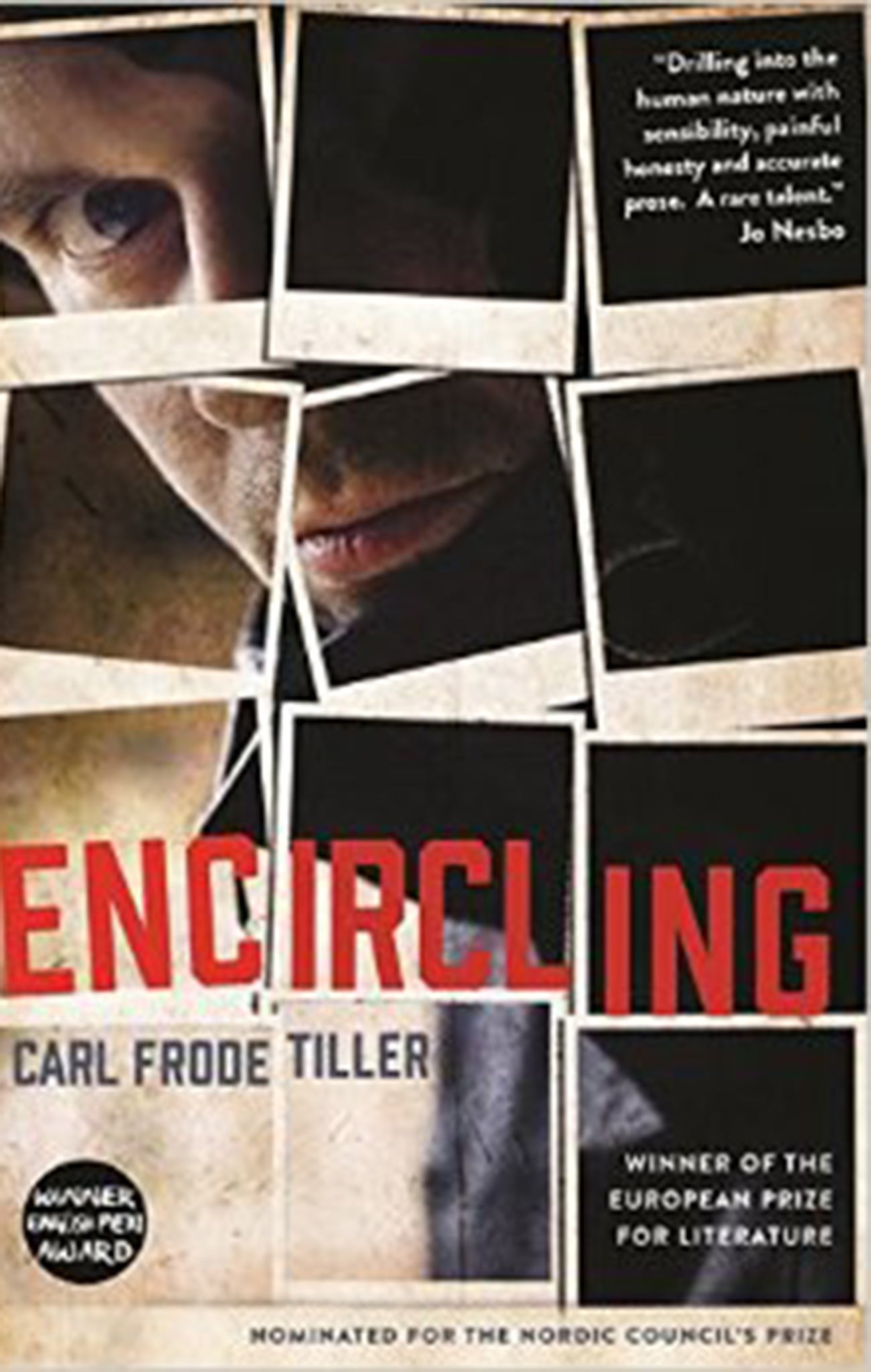Encircling by Carl Frode Tiller, book review: Hard-hitting realism from the anti-Knausgaard
Gains most traction from passages of close-focus domesticity

Your support helps us to tell the story
From reproductive rights to climate change to Big Tech, The Independent is on the ground when the story is developing. Whether it's investigating the financials of Elon Musk's pro-Trump PAC or producing our latest documentary, 'The A Word', which shines a light on the American women fighting for reproductive rights, we know how important it is to parse out the facts from the messaging.
At such a critical moment in US history, we need reporters on the ground. Your donation allows us to keep sending journalists to speak to both sides of the story.
The Independent is trusted by Americans across the entire political spectrum. And unlike many other quality news outlets, we choose not to lock Americans out of our reporting and analysis with paywalls. We believe quality journalism should be available to everyone, paid for by those who can afford it.
Your support makes all the difference.Namsos, a coastal town in central Norway, boasts a golden elk on its coat of arms and a Sawmill Museum. Since he published this first volume in 2007, this archetypal backwater has had another claim to fame. It supplies a setting, often mocked but trickily adhesive, for a trilogy of bestselling, award-winning novels by writer and rock musician Carl Frode Tiller. As one of his narrators says in this first episode, “Maybe it is harder to break free than I always thought”.
The unavoidable shadow of Karl-Ove Knausgaard will now fall over any multi-volume saga of modern Norwegian life. Indeed, as Encircling kicks off with Jon, the morose bass player in a so-so band, walking out on his mates after a sulk in a dead-end little port, readers may sense the Karl-Ove weather of introspective angst closing in again. Although the two authors’ moods and themes can coincide, this opening scene in some ways lays a false trail.
Tiller creates a singular set-up. David Hugsar, who never appears in this volume, has lost his memory. At his psychologist’s behest, friends and family from Namsos send him letters about the life they shared. Alternating with the letters, first-person recollections tell these characters’ own stories. You could even dub Tiller the anti-Knausgaard. In place of the latter’s heroic solipsism, his chorus of voices yields a prismatic, multi-faceted view of personal identity. Much of the reality of any life rests in the minds and memories of one’s nearest and dearest. The vicar Arvid, David’s devoted but baffled stepfather, comes to acknowledge “how much influence other people actually have on who I am”.
We hear, in three successive narratives, from the talented but “fragile” Jon then from the cancer-stricken Arvid, and finally from a former girlfriend: unhappily married Silje. Remembered in drastically different ways, David lurks offstage as the absent centre; the focus of fantasy, and apologia, as much as reminiscence.
This carefully scored polyphony allows Tiller to shift between registers, from the dying Arvid’s touching, but still deluded, meditations on love and mortality to Silje’s Strindberg-style marital rows – played out at slightly punishing length. If Encircling delivers vocal virtuosity – carried into English with equal dexterity by Barbara Haveland – it gains most traction from passages of close-focus domesticity. Jon may sneer at the films of Mike Leigh and Ken Loach, but visitors to Tiller’s Namsos may feel that their spirits hover not too far away.
Order for £8.54 (free p&p) from the Independent Bookshop: 08430 600 030
Join our commenting forum
Join thought-provoking conversations, follow other Independent readers and see their replies
Comments